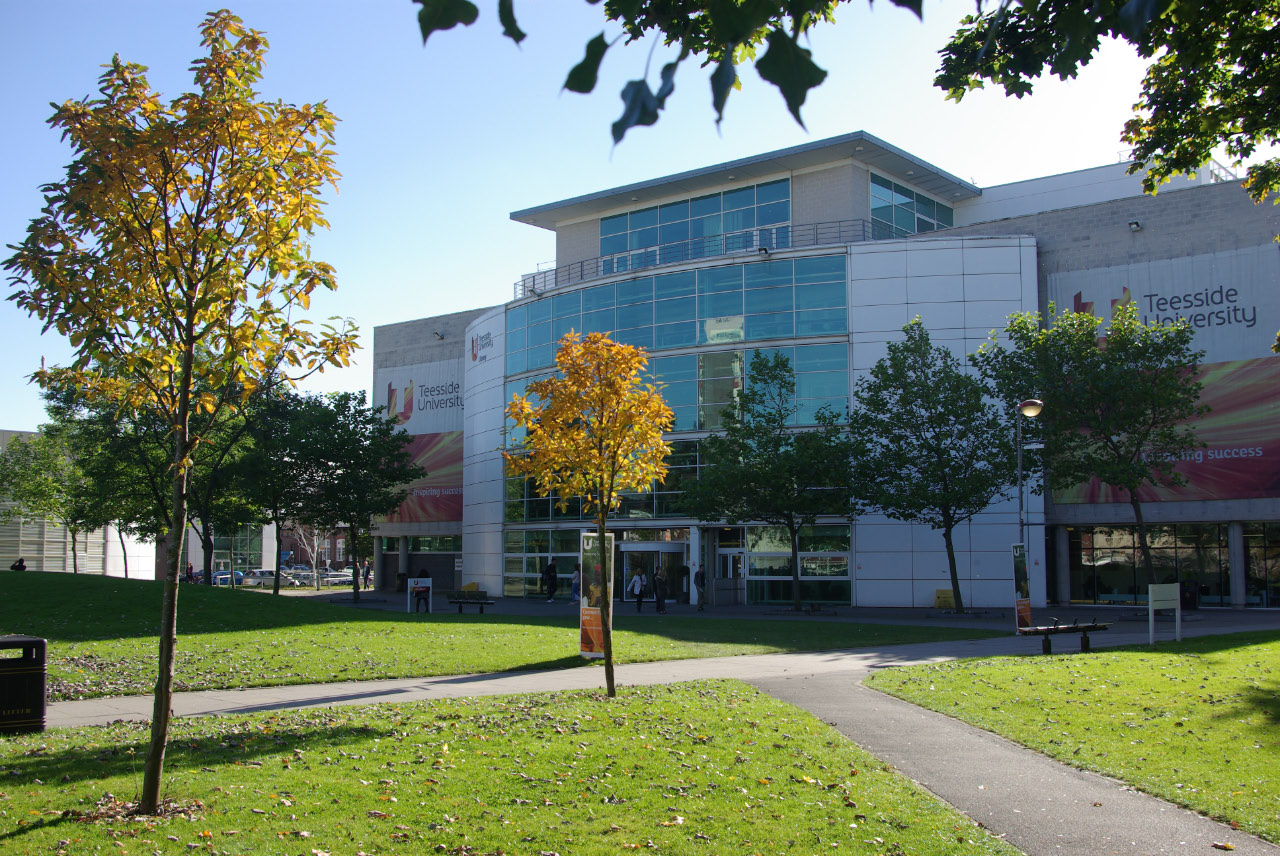We had one of our biannual Playful Learning Association meetings last week in Huddersfield and I did a "Playful Leadership is..." exercise, so sharing the results here for convenience!
One group stamped a "headline" thing about Playful Leadership on one side of the card, then a separate group used that as a prompt for more detail on the other side. (Limited time, space, materials for the "headline" phrase or word, more time and space to write on the back!)
All the cards can be seen in a Google Photos album, but I've also tried to transcribe the text below
|
Playful Leadership
is: |
Explanation: |
|
Subversive |
It may
subvert roles And structures And expectations And processes And boundaries And relations And pedagogy And play |
|
Dangerous |
So run, hide,
tell |
|
Projecting
play into work |
Focusses on the
playful aspect of work Has a strong
intent Projecting =
role modelling |
|
Egalitarian |
Power
balances, mutual respect between leader and team – creates space for
creativity. Everyone takes
ownership for the direction. Choose your
own adventure (but how does this work to … illegible) |
|
A state of
mind |
A Playful
Attitude. Agency – you choose
to. You have to want to be playful. Persuasion –
changing the state of mind of others. |
|
Messyness |
Messy talk
creates opportunity for emerging ideas. (Article
was referenced in explanation for messy talk) |
|
Creating
space |
A chance to
breathe, pause, & reflect. Mindfully, socially, and bodily. |
|
Set of
symbols – multiple ?, !, &, # |
Questioning,
inclusive, and staying sharp. |
|
The witches
brew in the cauldron of knowledge |
“Add some
spice” to existing practice. Stirring up
habits and stagnant practice. |
|
The unexpected |
Who is it
unexpected for? Facilitator needs to be comfortable. Breaks auto pilot of bad
teaching. Unexpected
changes in boundaries / changes who is “in charge”? |
|
Striking a
pose. |
Being
unashamed of your authentic self (ridicule is
nothing to be scared of) |
|
Boring (also included
stamps of ice creams and flying hearts) |
About making
the boring not boring. Because ice
cream makes everything not boring. The BORING
button. |
|
Inclusion |
Everyone is
invited and involved in the play. |
The last round I added an extra limiter for, which they struggled with more, limiting the cards to a particular aspect of playful leadership, either Staff Development, Recruitment, or Performance Management:
|
Playful
Leadership (in recruitment) is.. NEW |
Eyes Perspectives Backgrounds Creative
approaches Challenges Possibilities |
|
Playful
Leadership (in recruitment) is.. RO(U)LE BREAKING |
The power of
playfulness is to disrupt, transform, add ambiguity to rules/roles – thus breaking
standards. Emphasising
the boundary breaking in recruitment processes exploring rules/roles as
dynamic / flexible. |
|
Playful
Leadership (in recruitment) is.. CREATIVE ASSESSMENT |
Introducing
exciting / fun / collaborative / interactive tasks to assess key competencies
for role. Setting
expectations that unexpected / imaginative / unique responses are valued. Encouraging
different behaviours to be demonstrated. [Is it exclusionary
to those less playful?] |
|
Playful
Leadership (in Performance Management) is.. CORE CONDITIONS (making sense of
things, Rogers) |
Go back in
time and fix the things you didn’t get right the first time. (Note – this was
verbally explained that they were playing with the idea of Steve Rogers in
the Avengers films.) |
|
Playful
Leadership (in Performance Management) is.. STORY |
Their career
path is their own story. Every story has
a beginning and an end. Where the person
is now, where they want to be / should be. Performance
management is how to get there – see other card! (Note – this refers to “collective
imagination card) |
|
Playful
Leadership (in Performance Management) is.. COLLECTIVE IMAGINATION |
Joint
negotiating on the persons destination and steps to get there – see also:
STORY |
|
Playful
Leadership (in Staff Development) is… Symbols only for this one, mustache, kitten/dog
faces, ice cream |
Shrug Stamp. |
|
Playful
Leadership (in Staff Development) is… Symbols only for this one, 2 mustaches
with a question mark in the middle. |
Interactively
differently. Even during Movember. |



